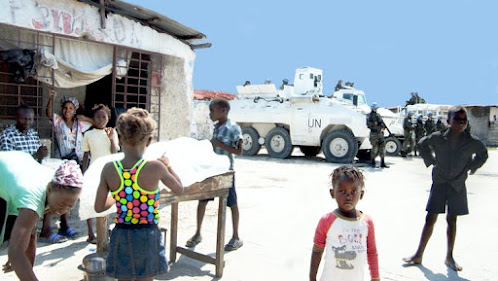#StopThisShame, #GirlsAtDhaba, #WhyLoiter and much a lot extra: women's combat versus sex-related harassment really did not begin with #MeToo
Simply 2 months after allegations of sexual assault versus Hollywood movie magnate Harvey Weinstein concerned light in a 2017 Brand-new York Times short post, ladies in at the very least 85 nations started utilizing the the hashtag #MeToo, to talk versus sex-related harassment.
In China, sex-related misbehavior allegations resulted in the shooting of a teacher at a leading college and the resignation of a high-profile Buddhist monk. In Egypt, it was an extremely concerned leader of the Arab Springtime that was required to surrender. And in India, sex-related misbehavior allegations triggered a significant outcry in Bollywood and required the resignation of a prominent political leader and priest.
While the success of #MeToo testifies to the power of social networks in placing the highlight on the society of misogyny throughout the globe, as a scholar that research researches feminism, I understand it is not the initially motion of its type.
Ladies in nations such as India, Pakistan and others have lengthy orderly effective projects versus sex-related harassment.
Projects in India
In 2009 Indian ladies orderly an effective project called #PinkChaddi, or "pink underclothing," versus the society of ethical policing by Sriram Sene, a right-wing team that assaulted girls in bars and young single pairs in public areas on Valentine's day.
With a Twitter and google project, Nisha Susan, a worker of India's prominent investigatory political publication Tehelka welcomed ladies to send out this right-wing team pink underclothing on Valentine's Day. The project captured women's interest throughout the nation and led to greater than 2,000 ladies sending out pink underclothing to the team.
In one more project called #PinjraTod: Damage the Locks, women trainees in Delhi came with each other in 2015 to demonstration sexist curfew guidelines in college halls. The trainees stated the guidelines were utilized to suppress the flexibility of ladies as the just method to handle the society of sex-related physical violence. Keuntungan Main di Bandar Togel Online

At the moment, the project required college authorities to unwind a few of the guidelines. And today, it has turned into a bigger motion throughout India's significant cities for generating significant plans versus sex-related harassment.
The greatest project was available in 2012, in the consequences of the gang rape and murder of the 23-year-old clinical trainee Jyoti Singh on the roads of Delhi. The ruthless rape set off an unmatched across the country outcry, mainly by middle-class India. The protests required the federal government to alter its legislation versus rape. They likewise resulted in improved charges for culprits and criminalization of tracking, voyeurism and acid assaults on ladies.
Main to this demonstration was the function played by social networks in metropolitan India where ladies had lengthy been annoyed by corruption and increasing criminal offenses. Because very early 2000s, young tech-savvy millennial ladies had been agitating on the internet versus the society of sex-related physical violence in the nation. The 2012 event ended up being a flashpoint.
While traditional media protection of the rape magnified the motion, it was electronic activism that removaled individuals from on the internet protests to road presentations. Text, WhatsApp, Twitter and google and Twitter hashtags such as #Nirbhaya and #StopThisShame were utilized to reveal a cumulative craze and mobilize individuals.


